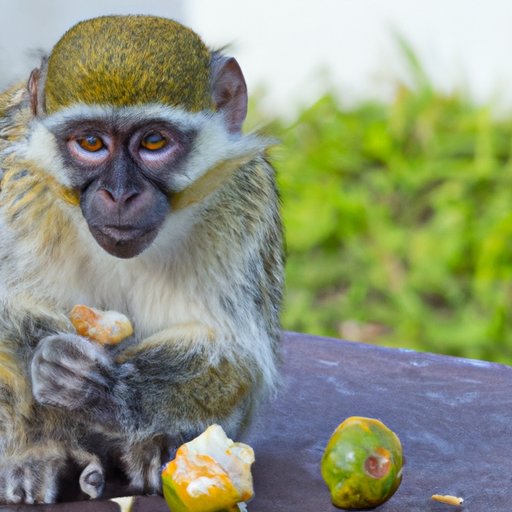
Introduction
Monkeypox is a viral disease that has recently become a growing public health concern. This disease is caused by the monkeypox virus, which is related to the viruses that cause smallpox and cowpox. Monkeypox was first identified in humans in the Democratic Republic of Congo in 1970, with sporadic outbreaks in other African countries over the years. In 2003, the first case of monkeypox was reported in the United States. Since then, there have been additional cases in several other countries. The importance of finding effective cures and treatments for monkeypox cannot be overstated.
Overview of Monkeypox
Monkeypox is a rare viral disease that occurs mostly in central and west African countries. The virus is transmitted to people from animals, mainly rodents or primates, through bites and scratches, or by coming into contact with their bodily fluids or through eating undercooked meat. Person-to-person transmission is also possible through respiratory droplets and contact with bodily fluids. The symptoms of monkeypox include fever, headache, muscle aches, and a rash that often starts on the face and then spreads to other parts of the body. The incubation period for monkeypox is usually 7-14 days, and the illness usually lasts for 2-4 weeks. Early detection and diagnosis are crucial for effective treatment.
Natural Remedies for Monkeypox
Natural remedies can play an important role in treating viral infections such as monkeypox. Some studies suggest that certain herbal remedies and supplements can boost the immune system, which can help the body fight off viral infections more effectively. For example, studies have shown that elderberry extract and echinacea may have antiviral properties and can help reduce symptoms of viral infections. Additionally, dietary changes, such as increasing the intake of fruits and vegetables, can also help support immune system health.
Traditional Medical Treatments for Monkeypox
There is no specific treatment for monkeypox, but supportive therapy can help relieve symptoms and reduce the risk of complications. The first line of treatment is often antiviral medications, such as acyclovir or cidofovir. These medications can help reduce the severity and duration of the disease. Vaccination is also an important tool in the prevention of monkeypox. The smallpox vaccine has been shown to be effective in preventing monkeypox and is recommended for individuals at high risk of exposure.
Coping with Monkeypox
Coping with monkeypox can be challenging due to the highly contagious nature of the disease. However, rest and hydration can help relieve symptoms and promote healing. Over-the-counter pain relievers can also be used to manage fever and muscle aches. It is important to follow good hand hygiene and avoid close contact with others to prevent transmission of the virus. Additionally, covering the affected area with a bandage or clothing can help prevent the spread of the virus to others.
Prevention of Monkeypox
The best way to prevent monkeypox is to avoid exposure to the virus. This can be done by avoiding high-risk areas, such as areas where outbreaks have occurred or where wild animals are present. Improving immune system health through a balanced diet and regular exercise can also help reduce the risk of infection. When handling animals or animal products, it is important to take appropriate precautions, such as wearing gloves and washing hands thoroughly.
Conclusion
In conclusion, monkeypox is a rare but serious disease that requires prompt medical attention. While there is no specific treatment for monkeypox, antiviral medications and supportive therapy can help relieve symptoms and reduce the risk of complications. Natural remedies and traditional medical treatments can work together to provide the best possible outcomes for patients with monkeypox. The best defense against monkeypox is prevention through good hand hygiene, avoiding exposure to the virus, and taking appropriate precautions when handling animals or animal products. If you suspect that you or someone you know may have monkeypox, seek medical attention immediately.





